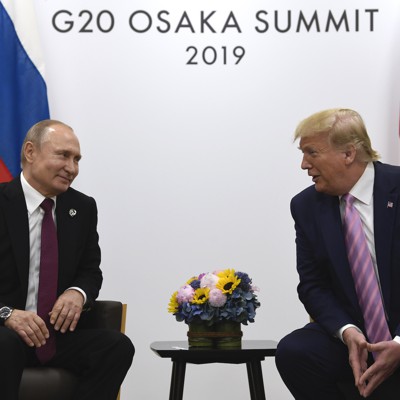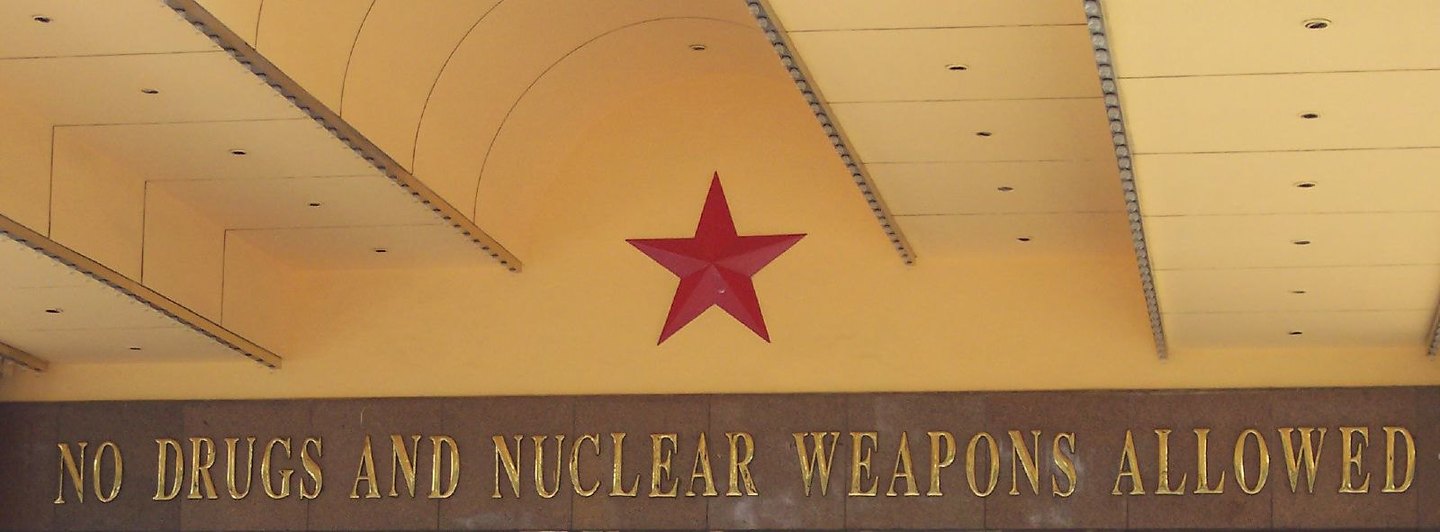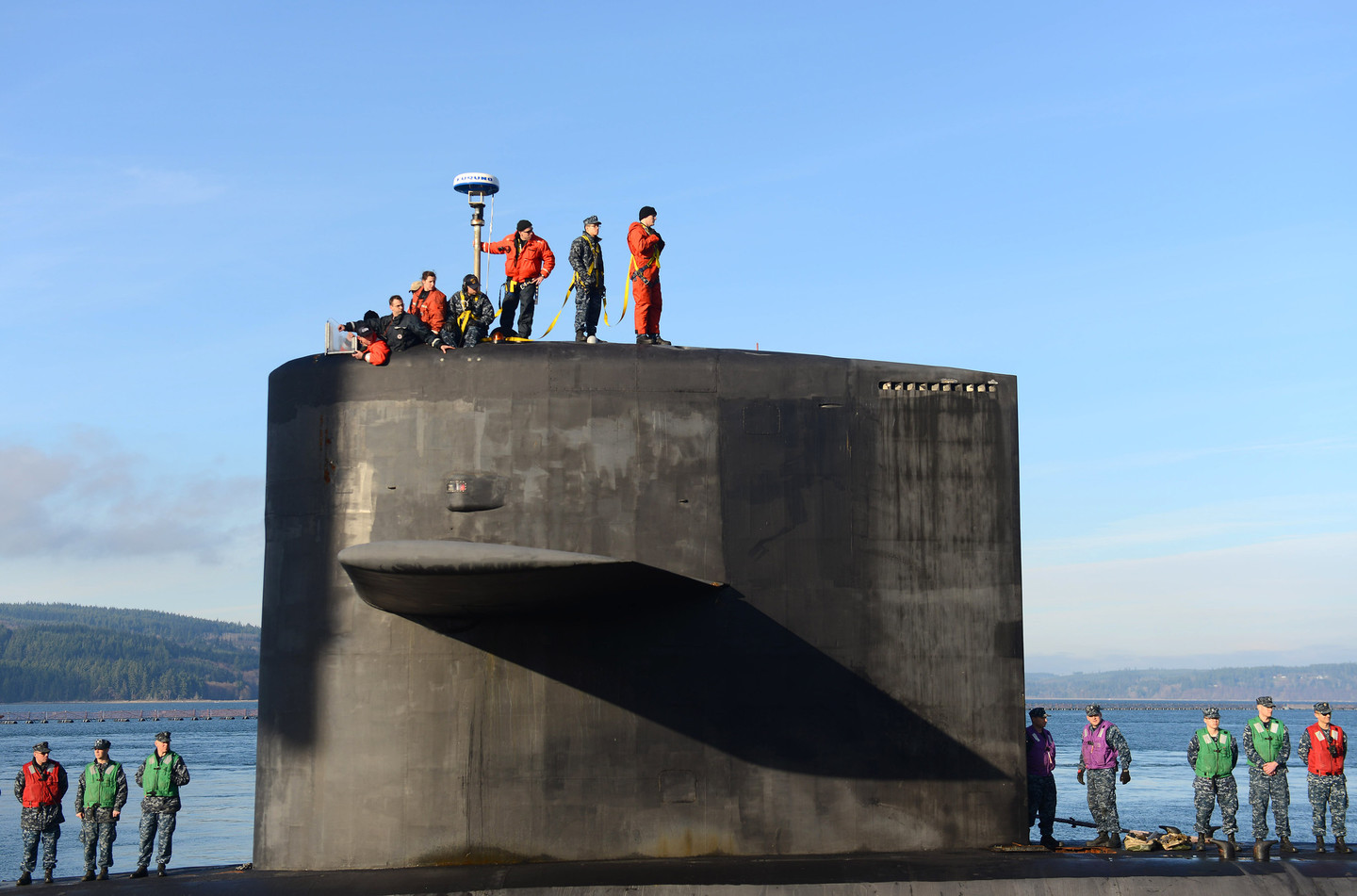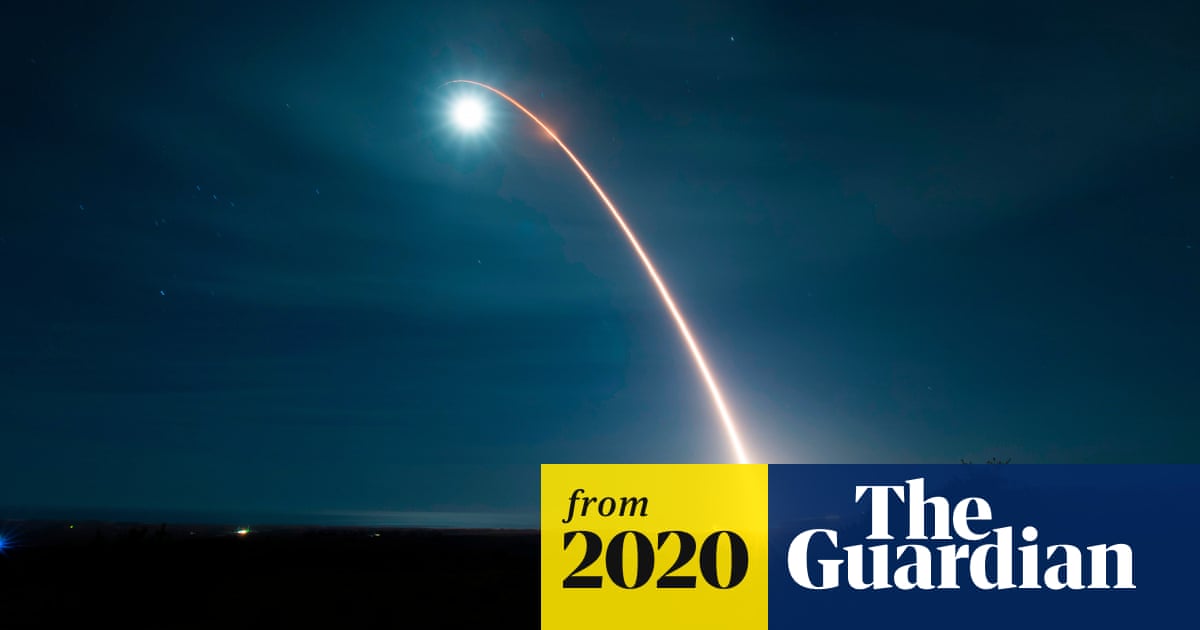Cheating is easy if you can say:
No, you can't go there.
No, you can't see that.
No, you can't do that.
I haven't seen any details on the nature and methods of the cheating reported to Congress. But if US inspectors can't visit anywhere they want, or externally examine any specific weapon or facility they suspect, or bring any test equipment they need, then cheating would be easy.
Proof?
The Open Skies treaties seem to contain similar "very specific requirements" but here too we have complaints:
Virtually all of which are totally risible at best and completely fabricated at worst. Much as it pains me to say, you CAN make a case for ditching INF, but Open Skies is a totally different ball game.
-Russian flights over the US appear to be for non military infrastructure targetting purposes and make unsafe low passes over DC
Well, even if it was designed with military installations in mind, nothing in the treaty expressly forbids that, actually - Open Skies is just that, open. Its purpose is verification and you can construct an argument where you wish to verify the absence of military infrastructure from some location. Furthermore, it's frankly silly to assume Russia would depend on Open Skies flights for such data when before the existence of that treaty and with worse EO satellites at their disposal than today they were able to come up with this:
At any rate, (non-US) Western air force personnel involved with conducting Open Skies flights have stated that in their experience, the Russians aren't looking at anything the US and its allies don't also photograph when they fly over Russia. All this would be easier to argue if the US, like other Western Open Skies signatories, published the details of Russian flights (even Russia has released US overflight tracks in the past). One might surmise that the failure to do so is an attempt to protect the narratives you're espousing - it's certainly difficult to think of a respectable reason.
As for unsafe low passes, if that is true a whole raft of USAF officers needs to be court-martialed! Open Skies missions are required to submit their flight plan in advance for approval (so US servicemen would have signed off on those low passes) and when it takes place, representatives of the country overflown
ride along onboard (so again US servicemen would have failed to intervene and stop this dangerous behaviour). Last but not least, the treaty prescribes fixed altitudes during photography (the lowest is about 400m, IIRC).
-US flights over Russia are being geographically restricted (direct contravention of treaty)
It's not as simple as all that. There are basically two areas where restrictions are in place, Kaliningrad and sections of the border region with Georgia where the renegade territories of Abkhazia and South Ossetia are located.
The latter case is a problem outside the scope of Open Skies, as it is a direct consequence of Russia's recognition of these entities as sovereign states, making a 10km strip along their border with Russia off limits per the treaty, because they are not signatories. Now, Russian recognition was a moronic tit-for-tat response to Kosovo, but that's beside the point - Open Skies is simply neither the instrument nor the venue to resolve that particular conflict, it's an entirely unrelated issue that should not be conflated. In any case, the loss of observable land area is minuscule, two strips of approximately 150 and 70km long by 10km wide (in other words, less than one quarter the size of Big Island in total).
Kaliningrad is a bit different, as overflights continue to be allowed - the last US mission over this region took place in March this year, AFAIK. Here the contention is that the restriction of 500km on the length of the ground track, which was instituted after a Polish Open Skies flight disrupted civilian air traffic for hours with a willfully long and convoluted path, violates the treaty. It probably does, but has anybody who proposes to leave Open Skies on that score taken the time to break out a map and note the size (or rather, lack thereof) of Kaliningrad?! Within a 500km track it is possible to traverse the exclave three to four times and hence still cover the vast majority of its territory in a single flight. Which CANNOT be said about the reciprocal track length restrictions the US imposed for Russian overflights of Alaska, BTW. Was the 500km limit a Russian overreaction to a petty Polish provocation? Arguably so, but it leaves the spirit of the treaty largely intact, UNLIKE the US reprisal - so who's talking?

www.defenseone.com










